
Brandon Specktor
Brandon is the space/physics editor at Live Science. His writing has appeared in The Washington Post, Reader's Digest, CBS.com, the Richard Dawkins Foundation website and other outlets. He holds a bachelor's degree in creative writing from the University of Arizona, with minors in journalism and media arts. He enjoys writing most about space, geoscience and the mysteries of the universe.
Latest articles by Brandon Specktor
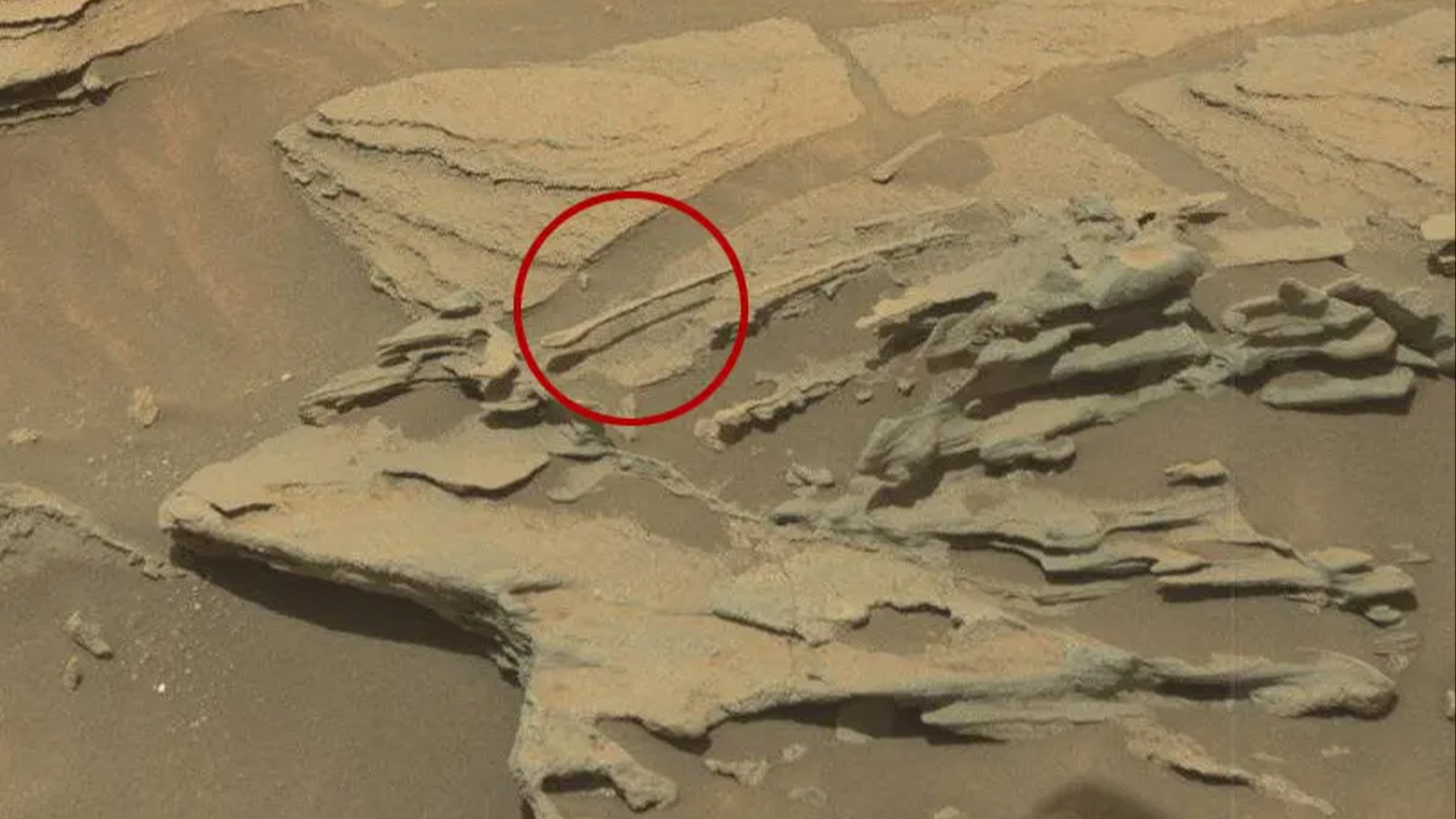
32 things on Mars that look like they shouldn't be there
By Brandon Specktor published
The more scientists study the Red Planet, the more they find unusual objects and patterns scattered across Mars' surface. Here are some of the most baffling.
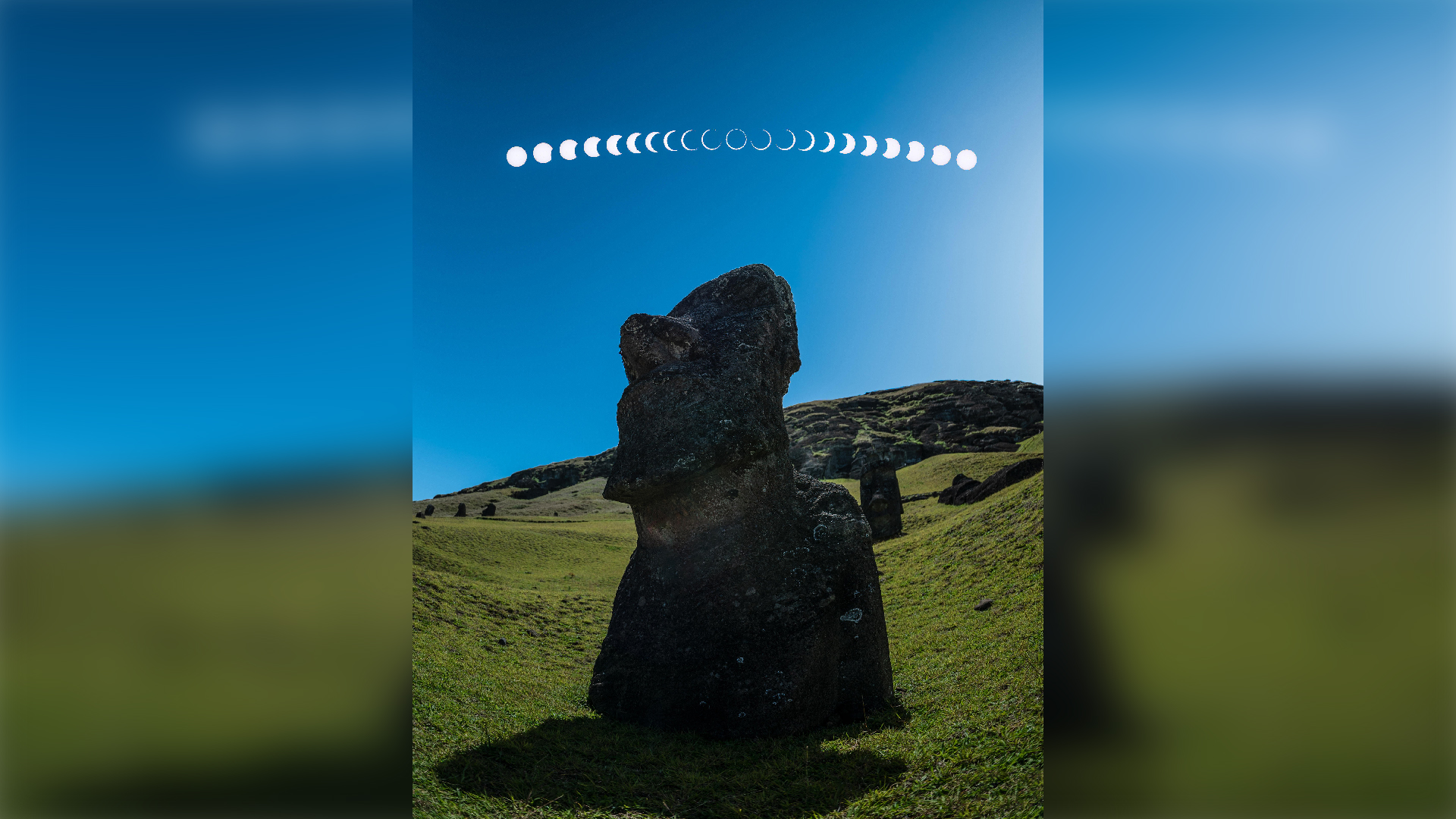
'Ring of fire' solar eclipse blazes over Easter Island in incredible new image
By Brandon Specktor published
On Oct. 2, a partial "ring of fire" solar eclipse was visible from the remote island of Rapa Nui, also known as Easter Island, where around 1,000 stone moai statues stand. You can see the whole celestial event play out in this incredible composite image.
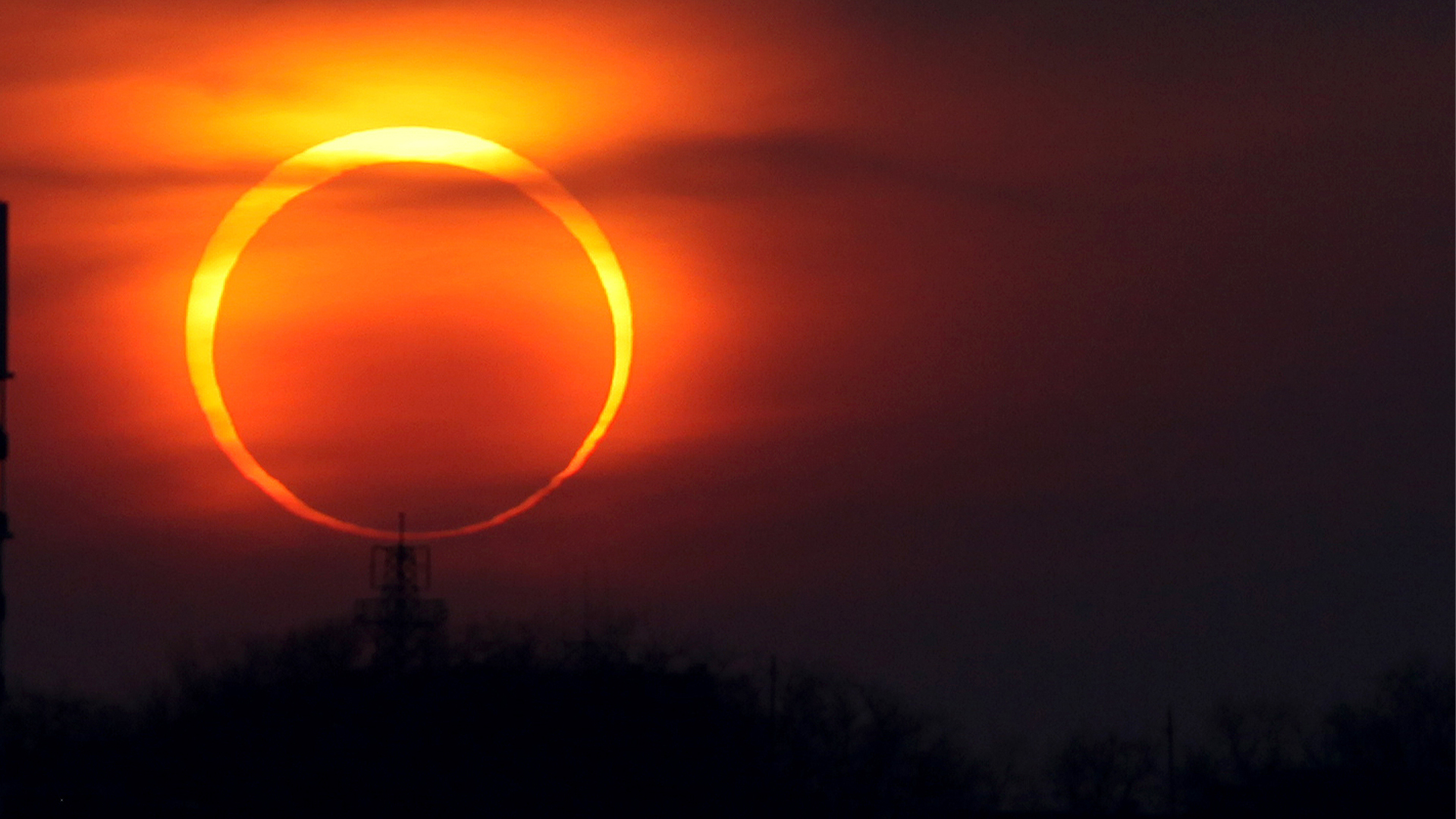
Watch live: A 'ring of fire' solar eclipse has begun over Easter Island
By Brandon Specktor published
The Oct. 2 partial solar eclipse, known as an annular or "ring of fire" eclipse, is about to begin over Easter Island and South America. Watch it for free right here.
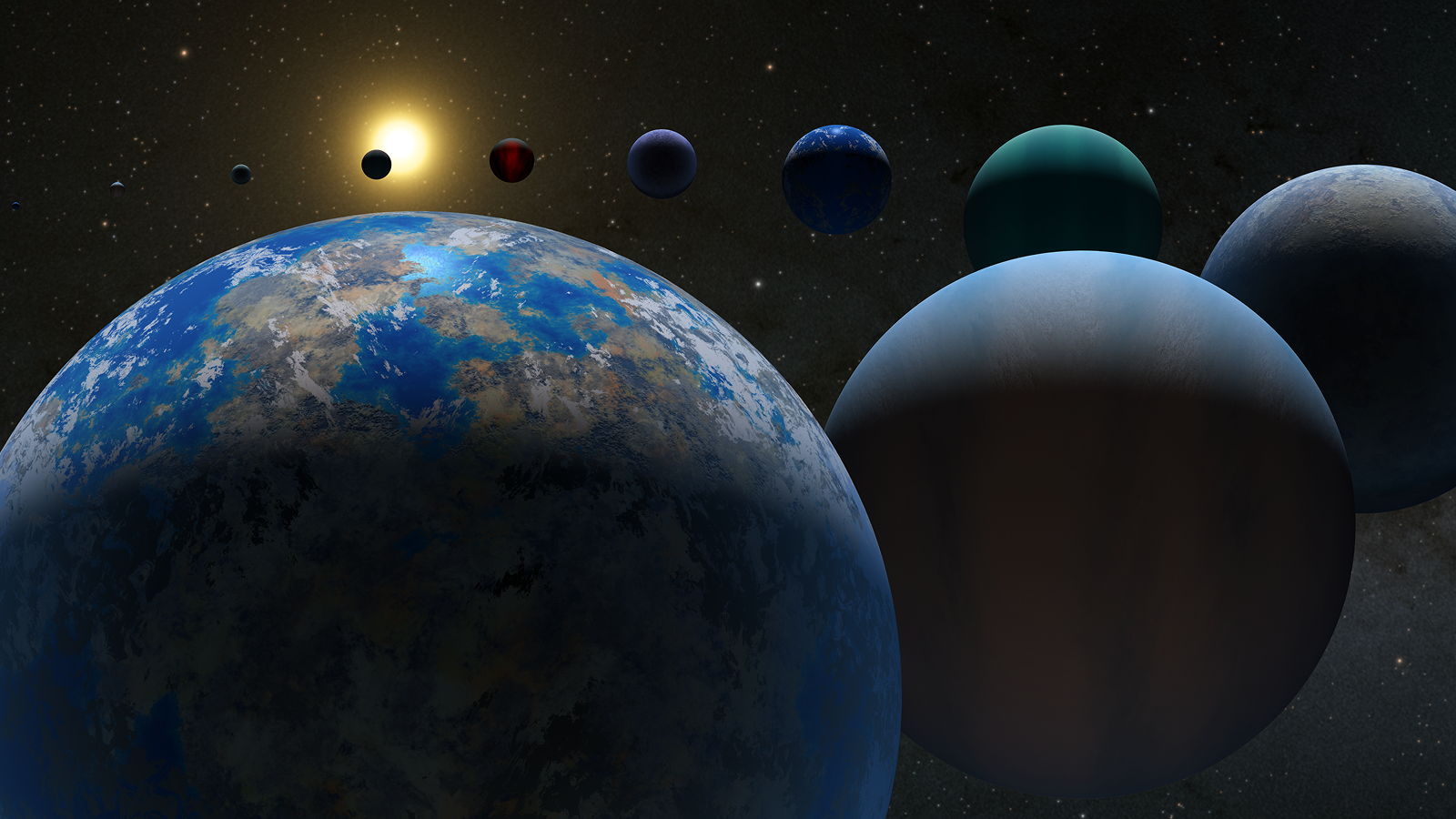
32 alien planets that really exist
By Brandon Specktor published
Beyond our solar system, countless alien worlds of lava, ice, water and noxious gas swirl through the cosmos. Here are some of the strangest exoplanets that scientists have discovered so far.
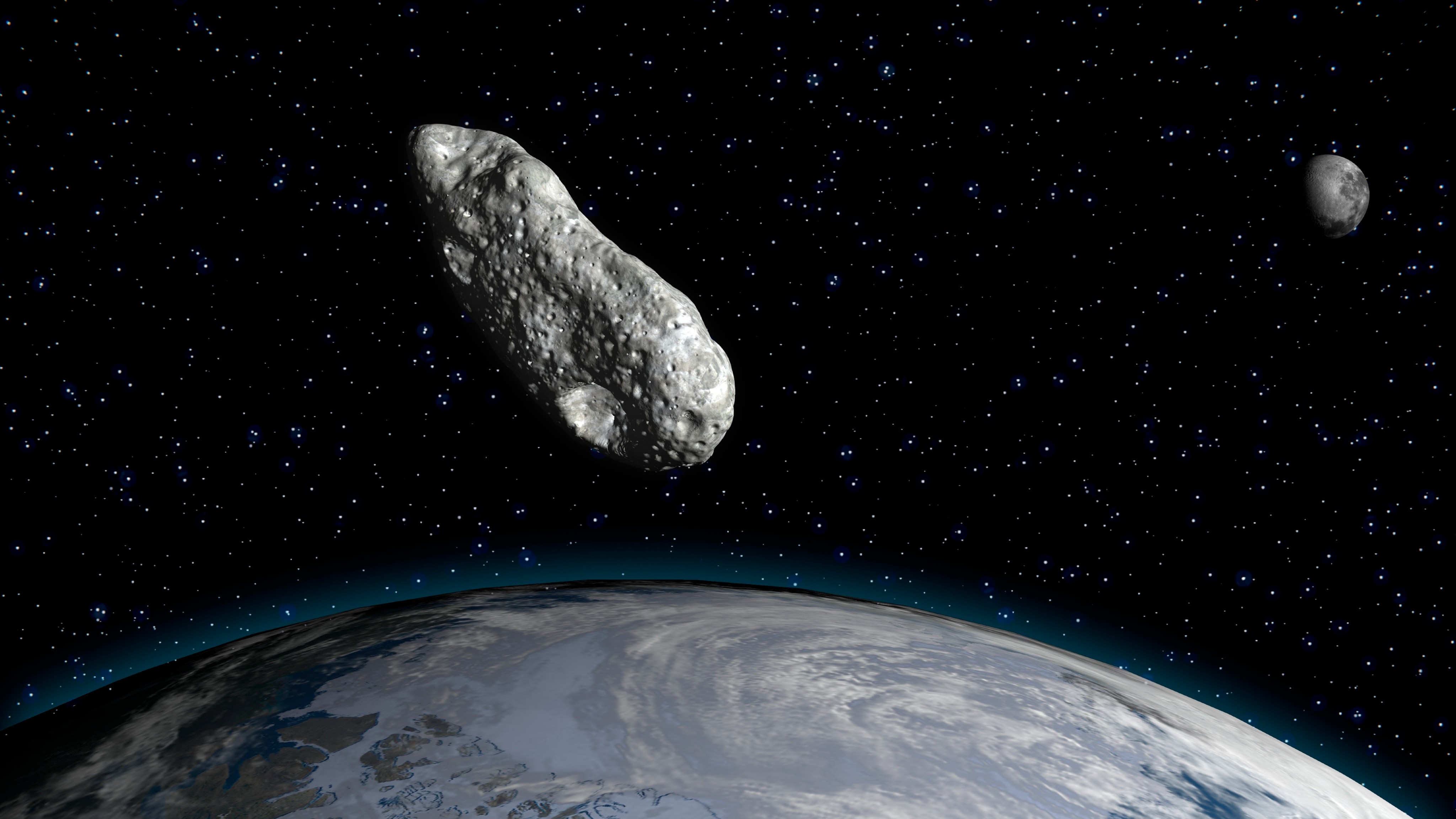
Can you see Earth's new 'minimoon' with the naked eye?
By Brandon Specktor published
On Sunday, Sept. 29, Earth captured a new "minimoon" called 2024 PT5. The bus-size asteroid is expected to orbit our planet for 57 days, but is too small to be visible to amateur skywatchers.
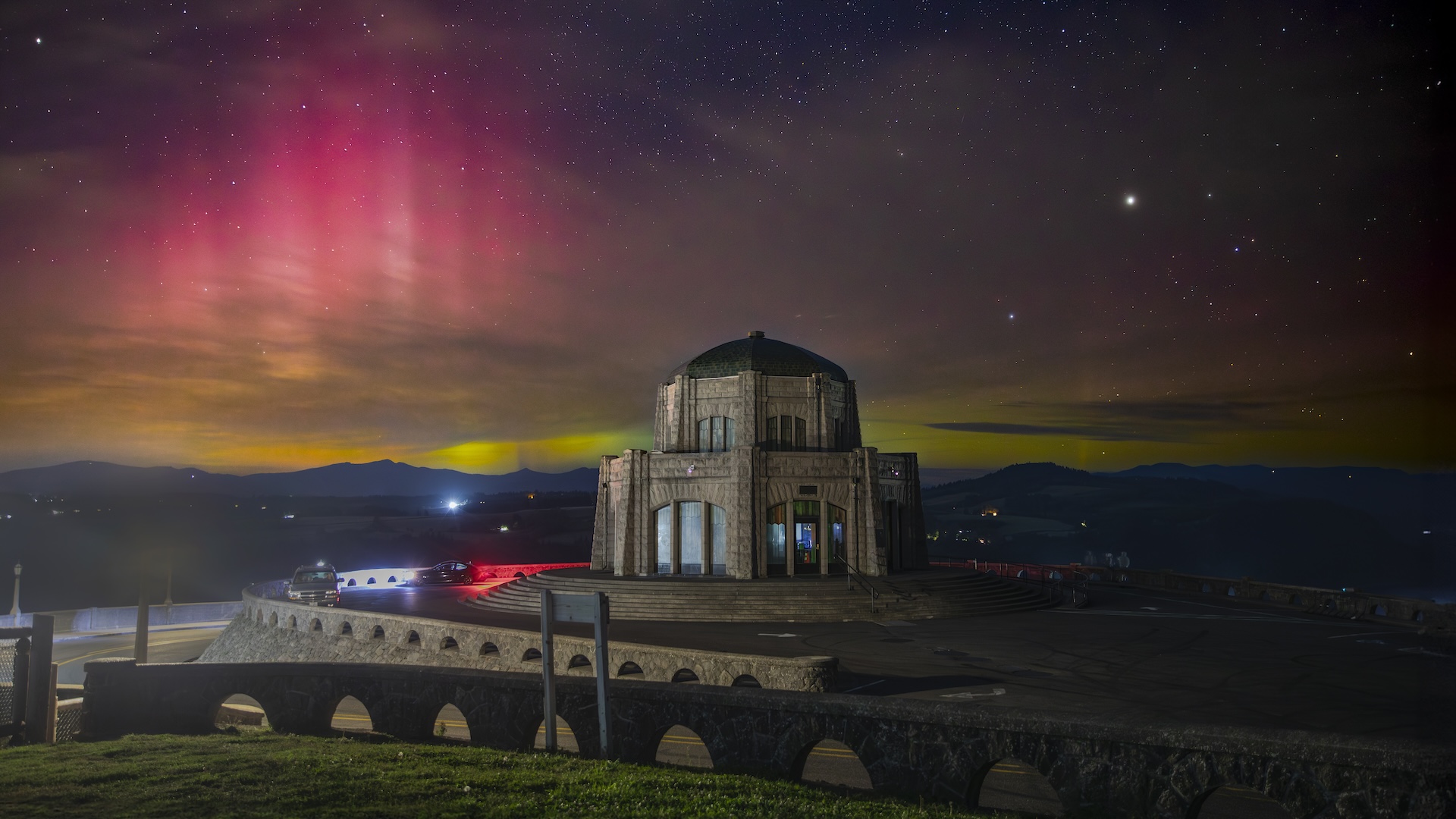
Auroras may paint the northern US tonight as Earth reels from 'strong' G3 geomagnetic storm
By Brandon Specktor published
Vibrant auroras could be visible as far south as Oregon and Pennsylvania tonight as Earth reels from a "strong" G3-class geomagnetic storm. However, the nearly full Harvest Moon may complicate viewing opportunities.
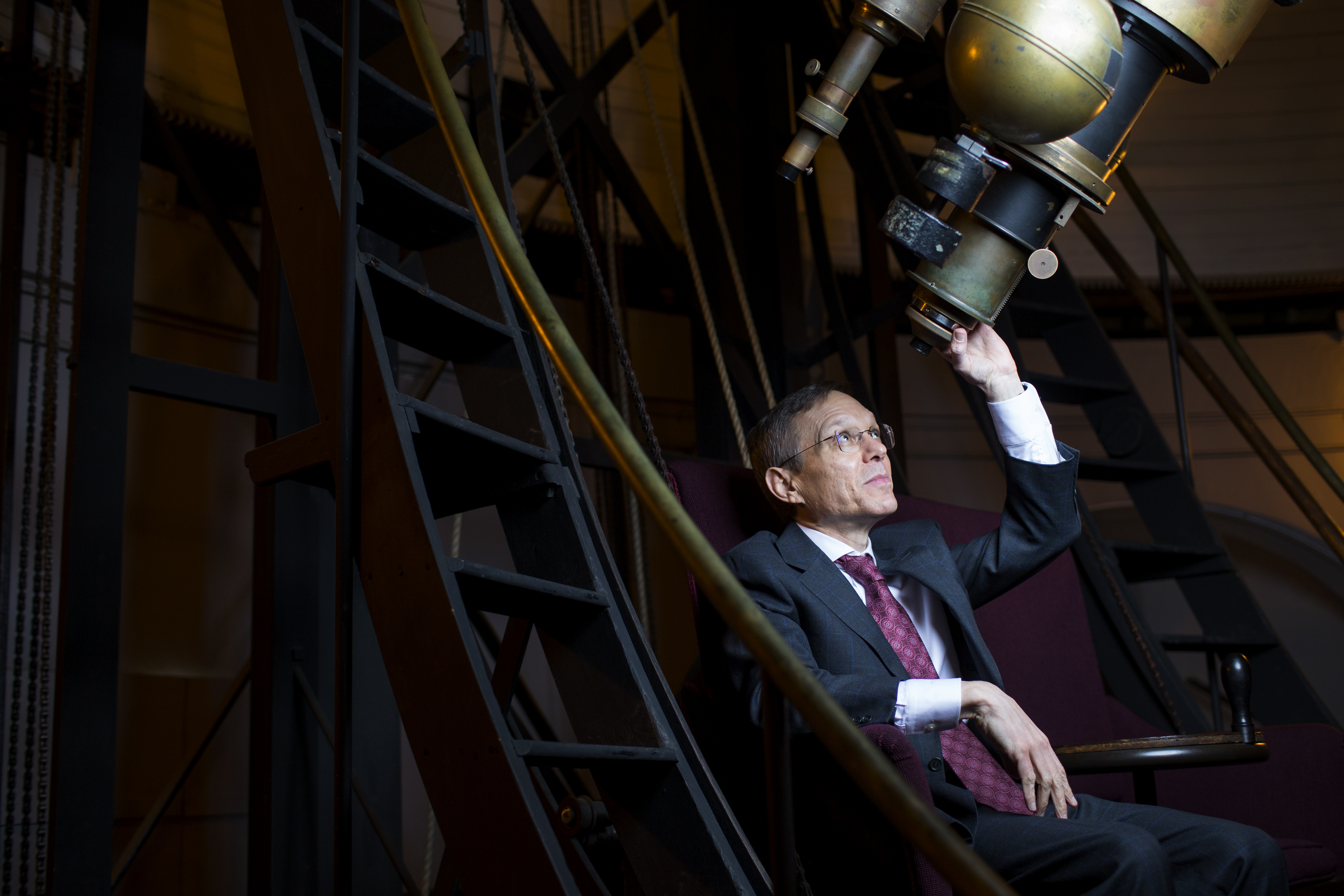
'Space trash' will lead us to intelligent aliens, Harvard astrophysicist Avi Loeb says
By Brandon Specktor published
The long-sought evidence of alien life could be lurking in Earth's oceans, says Harvard astrophysicist Avi Loeb. Here is his plan to find it.
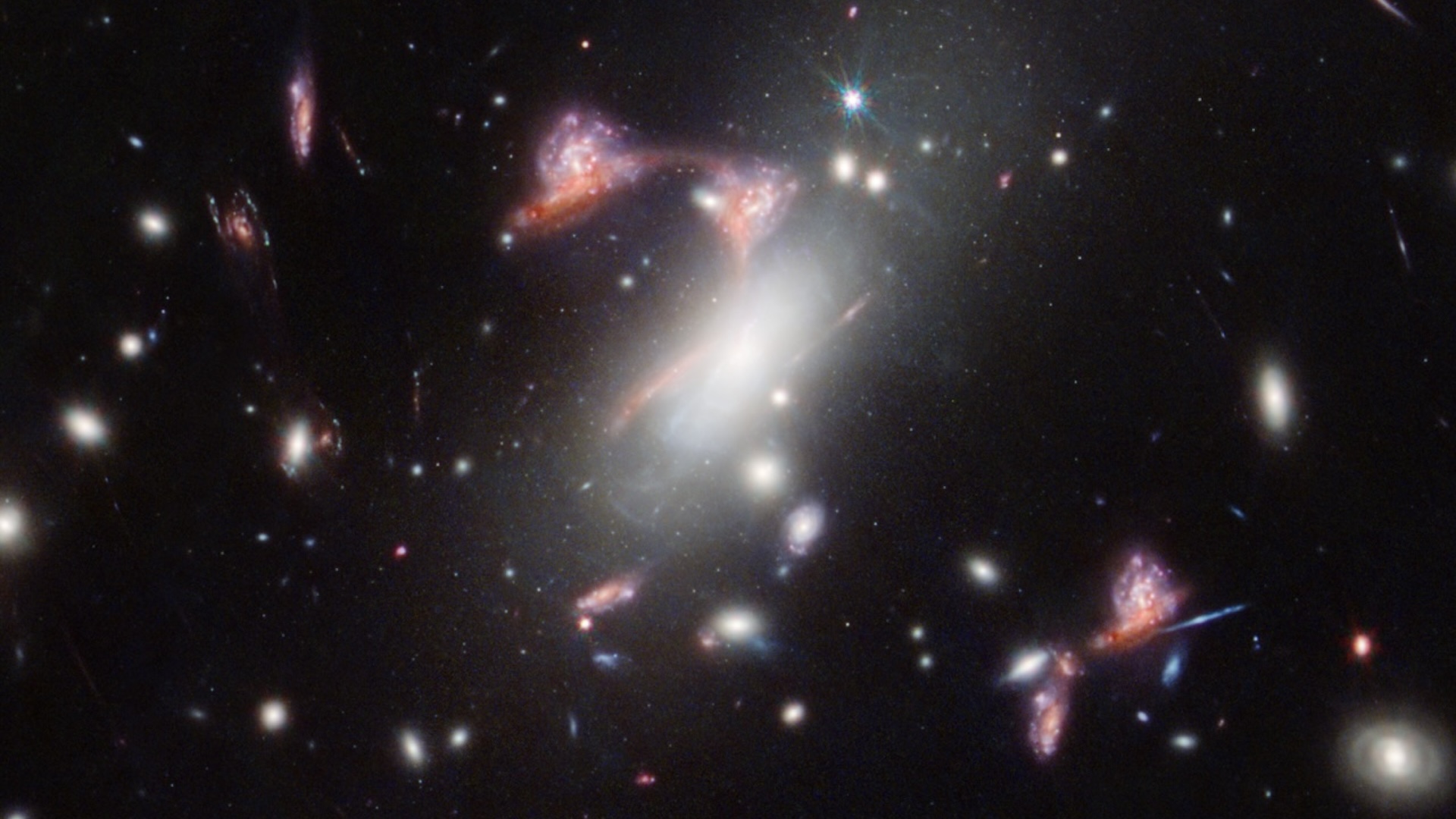
What??? James Webb telescope finds giant question mark in space
By Brandon Specktor published
Astronomers using the James Webb Space Telescope have discovered a pair of distant galaxies being twisted into a cosmic question mark thanks to a rare form of gravitational lensing.
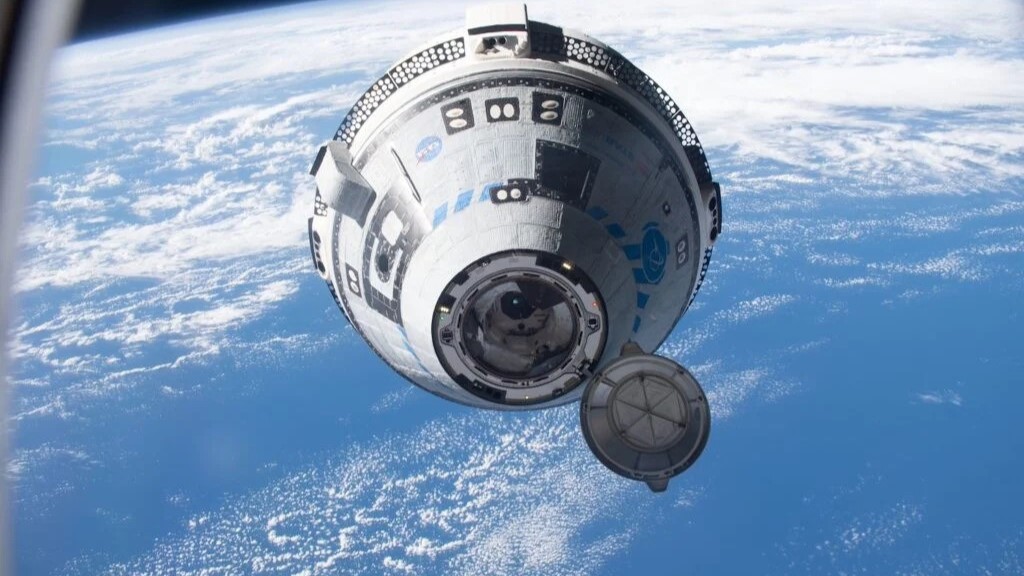
Watch Live: Boeing Starliner is about to return to Earth without its crew
By Brandon Specktor published
Boeing's Starliner spacecraft will return to Earth today after undocking from the International Space Station without its crew. A livestream of the mission begins at 5:45 p.m. ET.
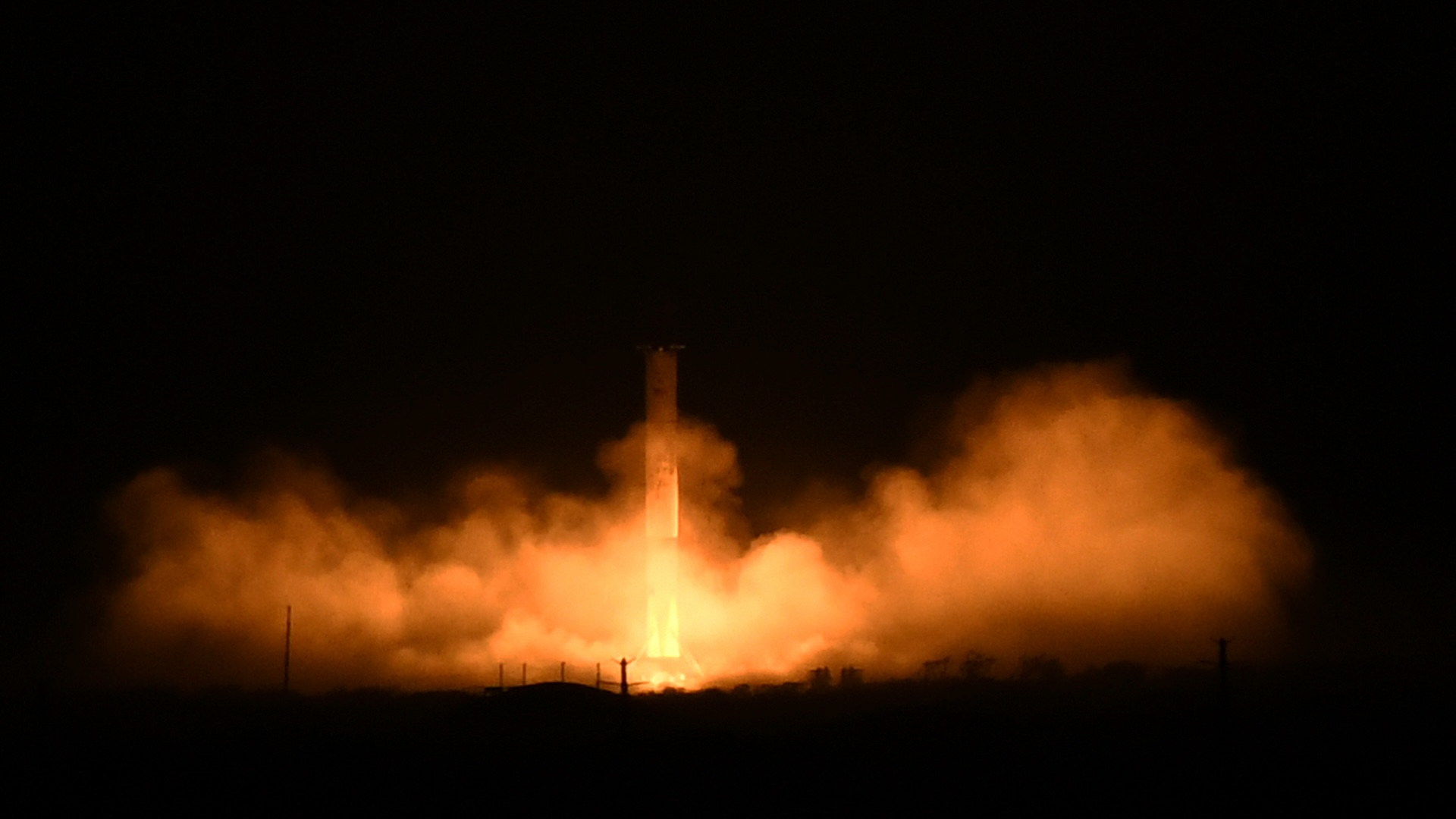
SpaceX Falcon 9 rocket grounded for 2nd time in 2 months following explosive landing failure
By Brandon Specktor published
The U.S. Federal Aviation Administration (FAA) has grounded SpaceX's Falcon 9 rocket for the second time in as many months following a routine landing that ended in flames on Wednesday (Aug. 28).
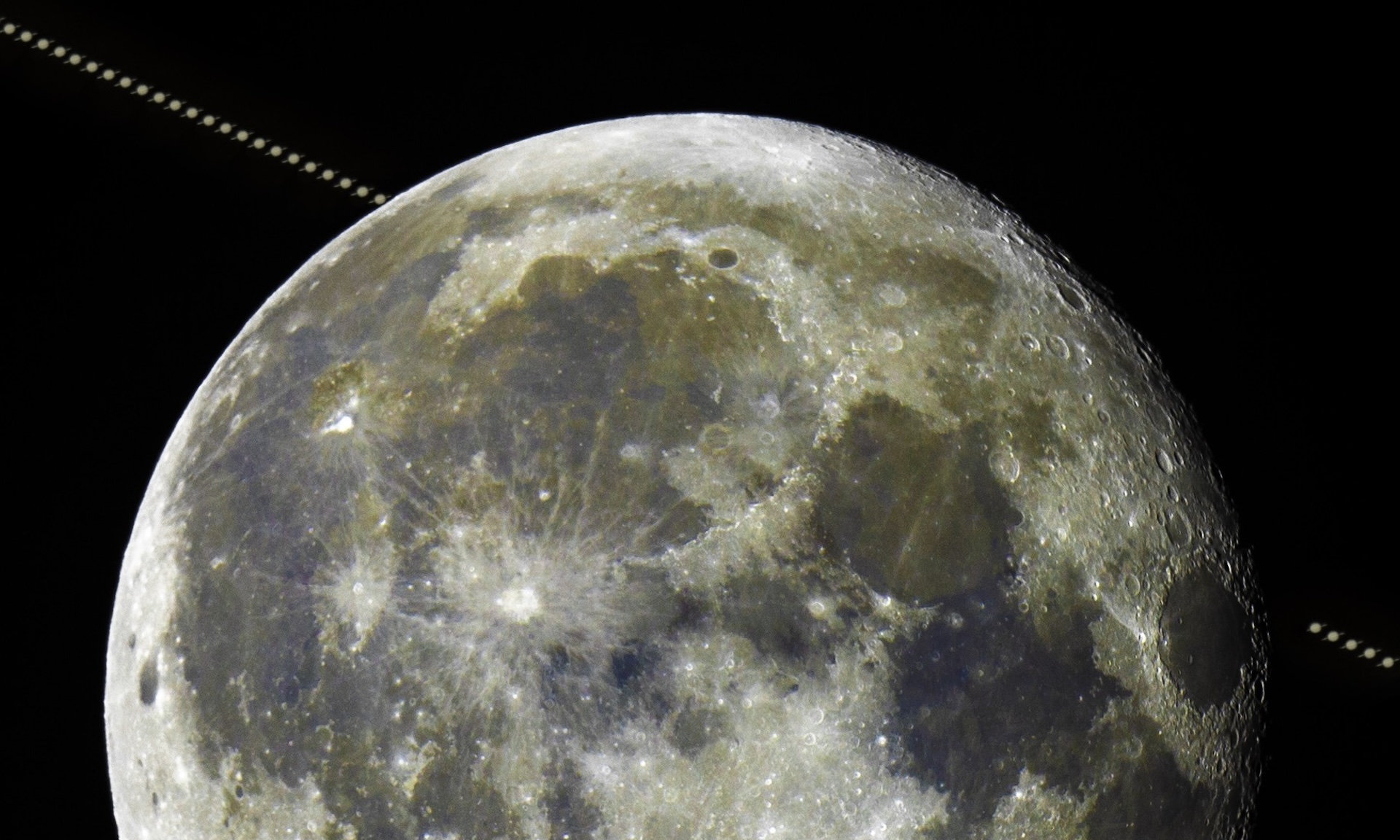
See the moment the blue supermoon 'gobbled up' Saturn in epic astrophotography image
By Brandon Specktor published
Overnight on Aug. 20-21, the full 'Sturgeon Supermoon' briefly occulted, or passed in front of, Saturn, snuffing the ringed planet's light from the sky. An epic new astrophotography image captures the entire spectacle from start to finish.
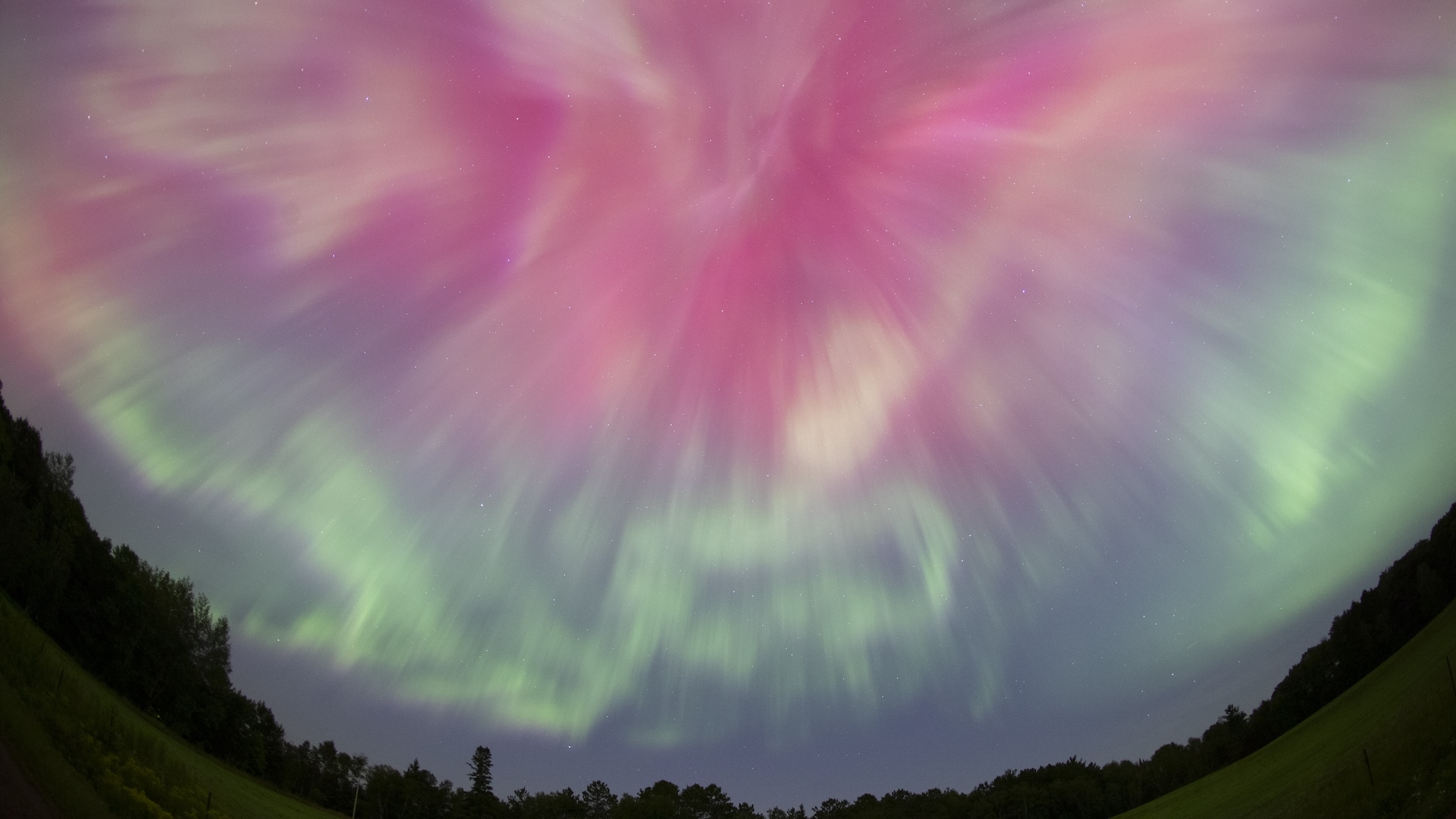
Auroras headed to the US again in aftermath of gargantuan 'X-class' solar flare
By Brandon Specktor published
Auroras may once again be visible in northern parts of the U.S. this weekend as Earth braces for impact from a powerful coronal mass ejection.
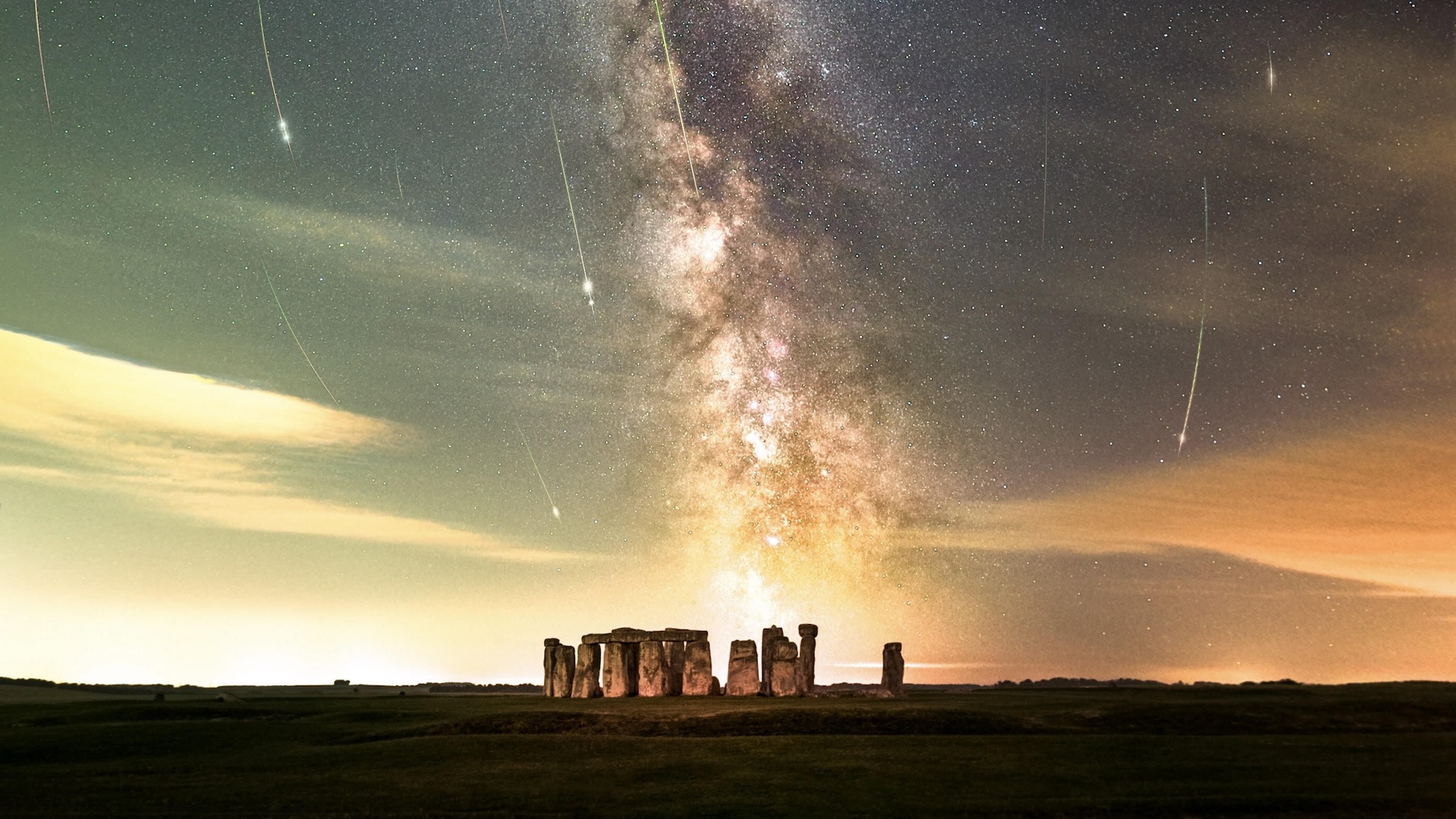
Perseid meteor shower rains 'shooting stars' over Stonehenge in glorious astrophotography image
By Brandon Specktor published
A UK-based astrophotographer captured this stunning composite image of the Perseid meteor shower raining "shooting stars" over Stonehenge.
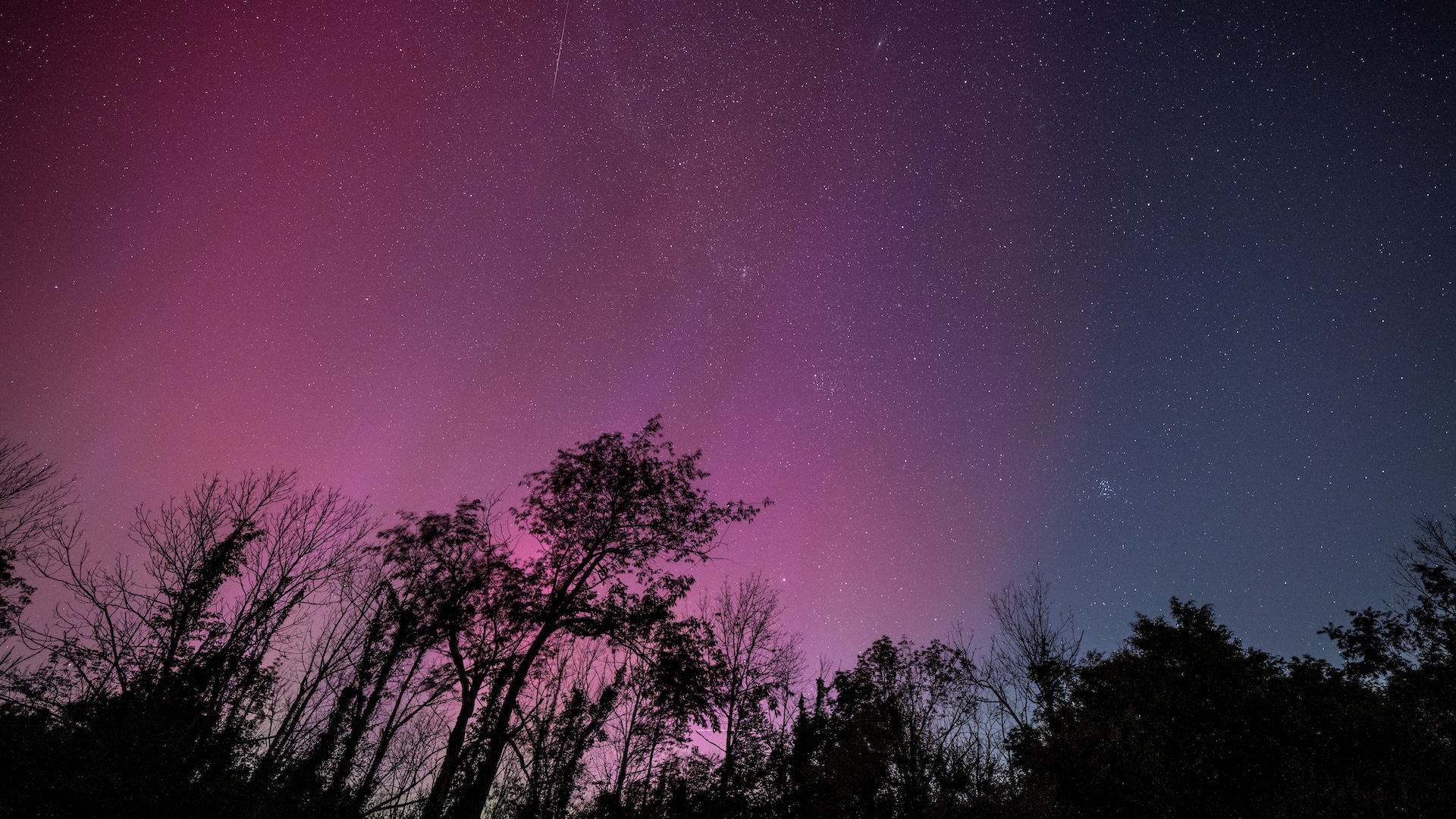
'Severe' G4 geomagnetic storm strikes Earth, making widespread auroras likely
By Brandon Specktor published
Earth was hit by a "severe" G4-class geomagnetic storm on Monday morning, increasing the chances of auroras in the northern U.S. tonight.
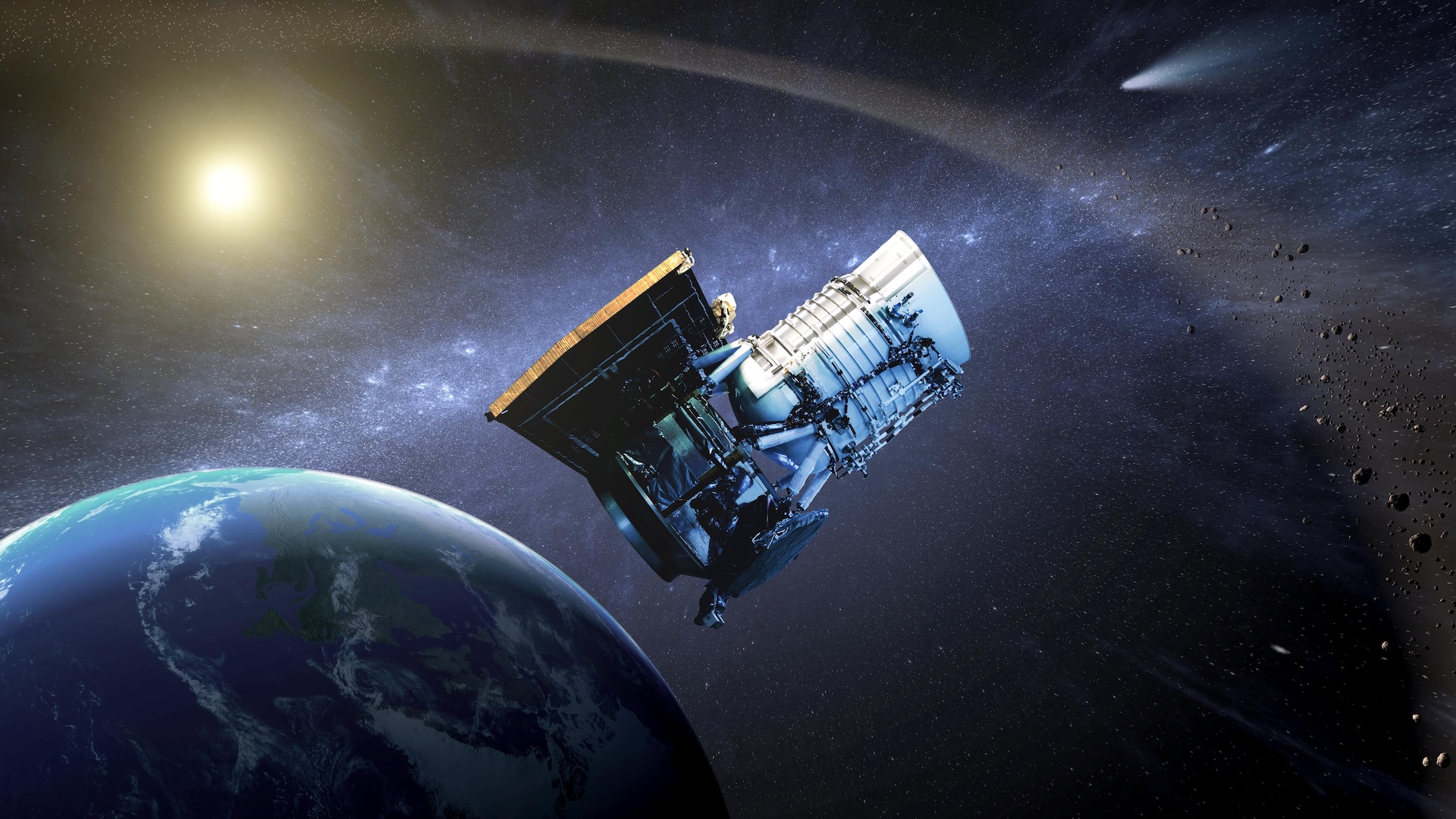
NASA shuts down down asteroid-hunting NEOWISE telescope as the sun drags it to its doom
By Brandon Specktor published
NASA's asteroid-hunting NEOWISE space telescope will soon plunge into Earth's atmosphere and burn to bits. Here's a look back at its epic mission that defied all expectations.
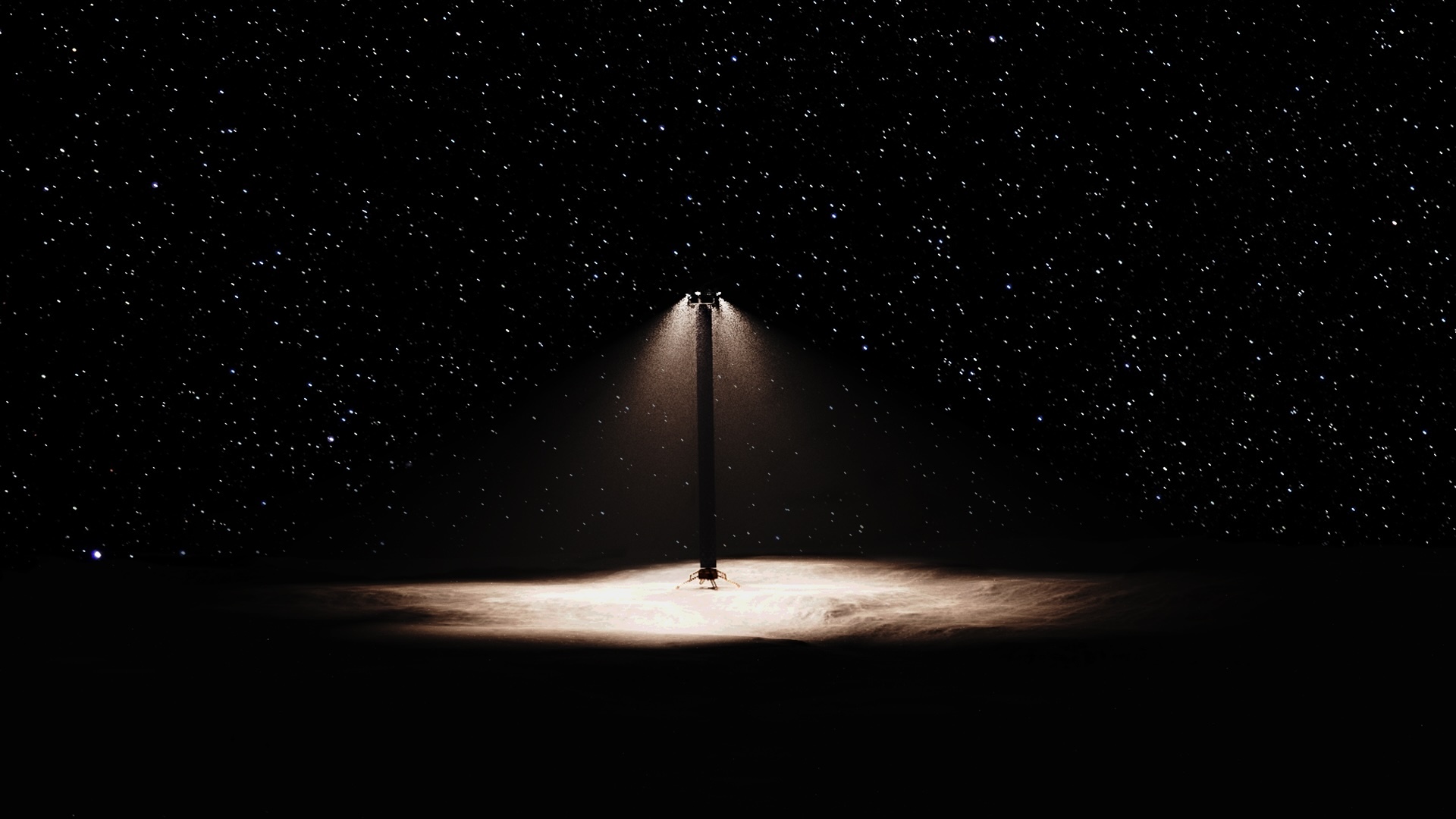
Researchers want to build 'streetlights' on the moon — and they'd be taller than the Statue of Liberty
By Brandon Specktor last updated
A private company has received funding from the U.S. government to build the first-ever "streetlights" on the moon — towering, Statue of Liberty-sized structures that could withstand the brutal lunar night.

Auroras expected tonight and through the weekend as US braces from 'cannibal' solar eruption
By Brandon Specktor last updated
A chain of solar outbursts, including a "cannibal" coronal mass ejection that slammed Earth on Tuesday, will bring lovely auroras to parts of the northern US and most of Canada this weekend. Here's where to look.
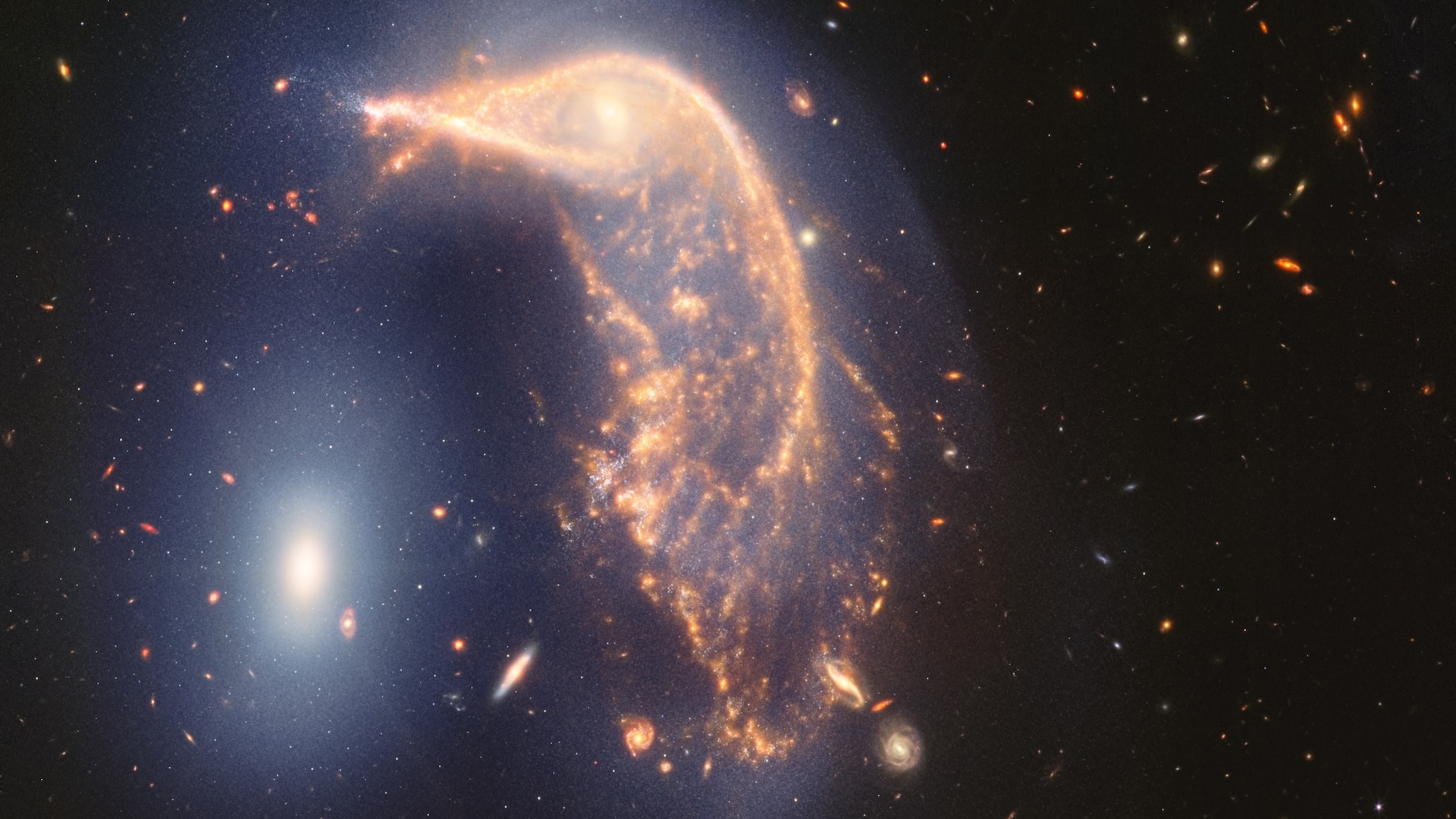
Space photo of the week: Warped 'penguin galaxy' spotted by JWST is waddling toward certain doom
By Brandon Specktor published
To mark its second anniversary of operations, James Webb Space Telescope scientists share a stunning view of the Penguin and Egg galaxies as they slowly collide.
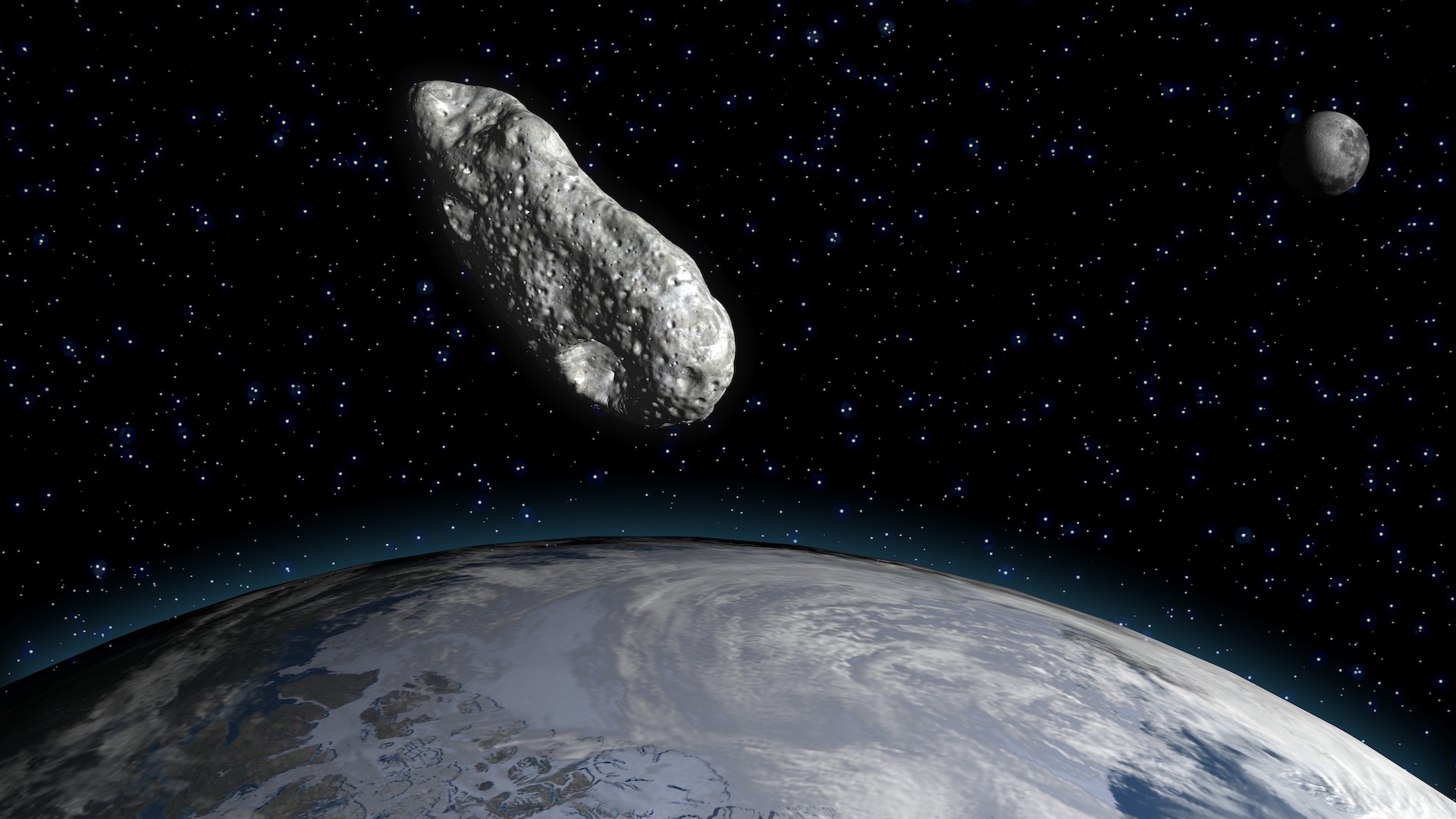
Newly discovered asteroid larger than the Great Pyramid of Giza will zoom between Earth and the moon on Saturday
By Brandon Specktor published
On Saturday (June 29), an asteroid larger than the Great Pyramid of Giza will fly past Earth at about three-quarters the distance from Earth to the moon. The asteroid, named 2024 MK, poses no risk to our planet.
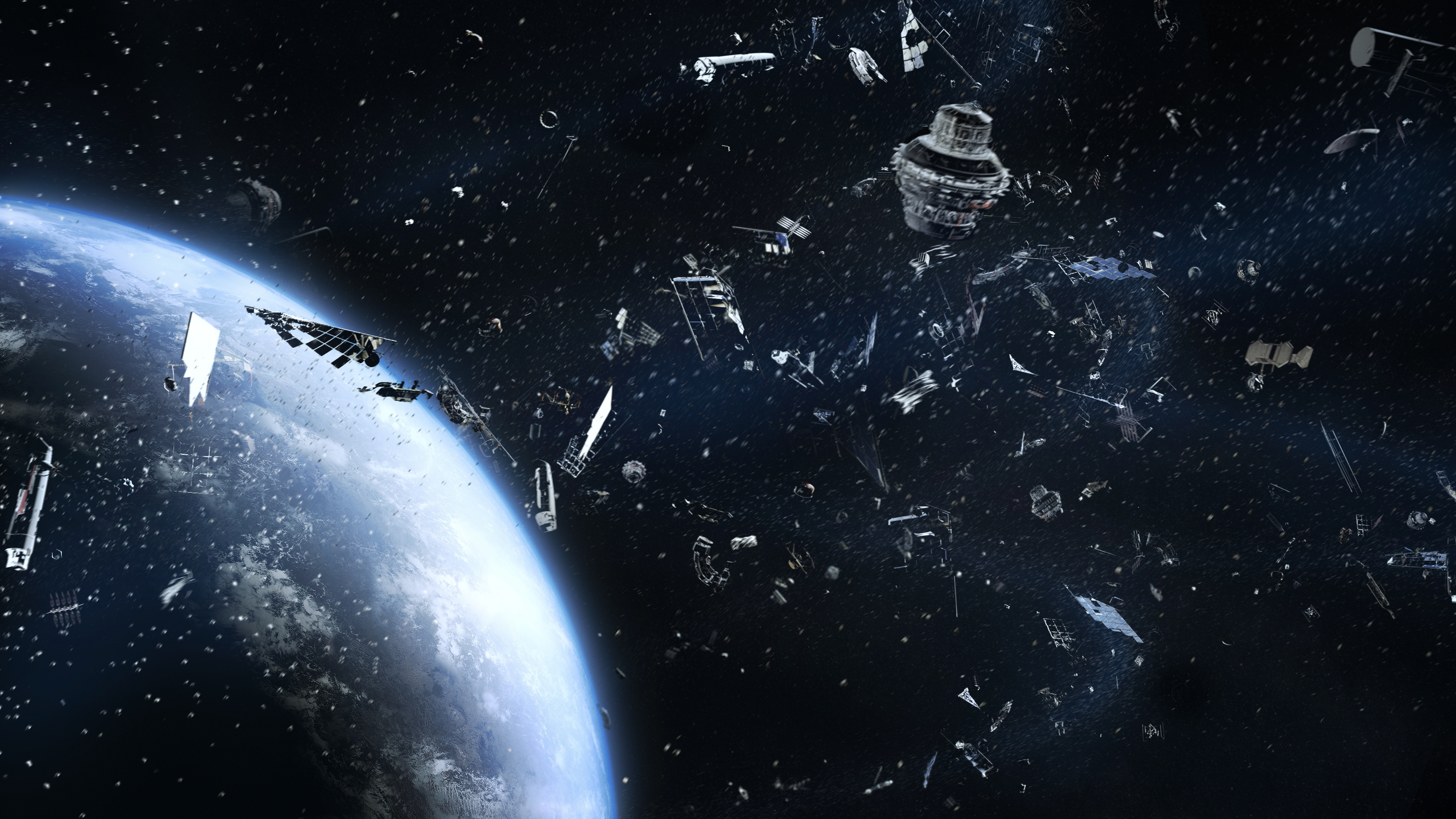
Space junk: How broken satellites are creating a garbage crisis in the sky
By Brandon Specktor last updated
Thousands of pieces of space debris, also known as space junk, are orbiting Earth, with tons more added each year. This orbital debris poses a significant threat to satellites, spacecraft, astronauts — and increasingly humans on Earth.
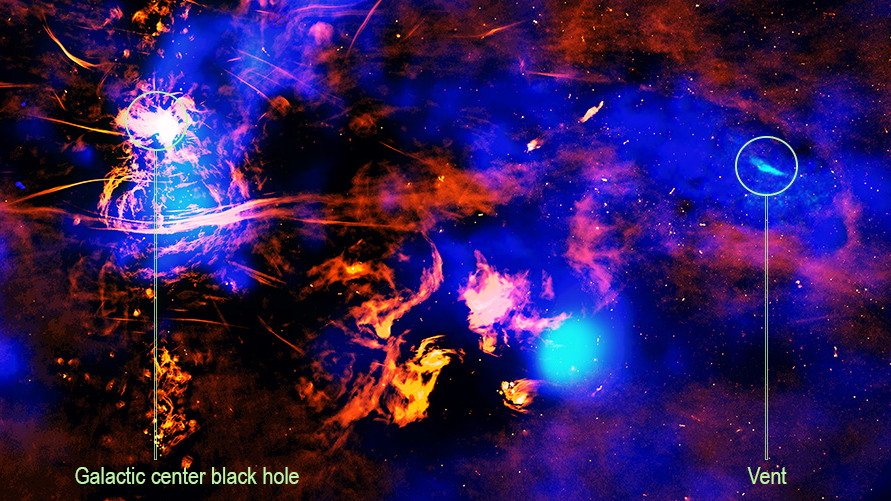
Milky Way's black hole 'exhaust vent' discovered in eerie X-ray observations
By Brandon Specktor published
A gargantuan "exhaust vent" may be channeling hot gas away from the Milky Way's supermassive black hole at millions of miles per hour — and filling up two enormous bubbles that tower over the galaxy.
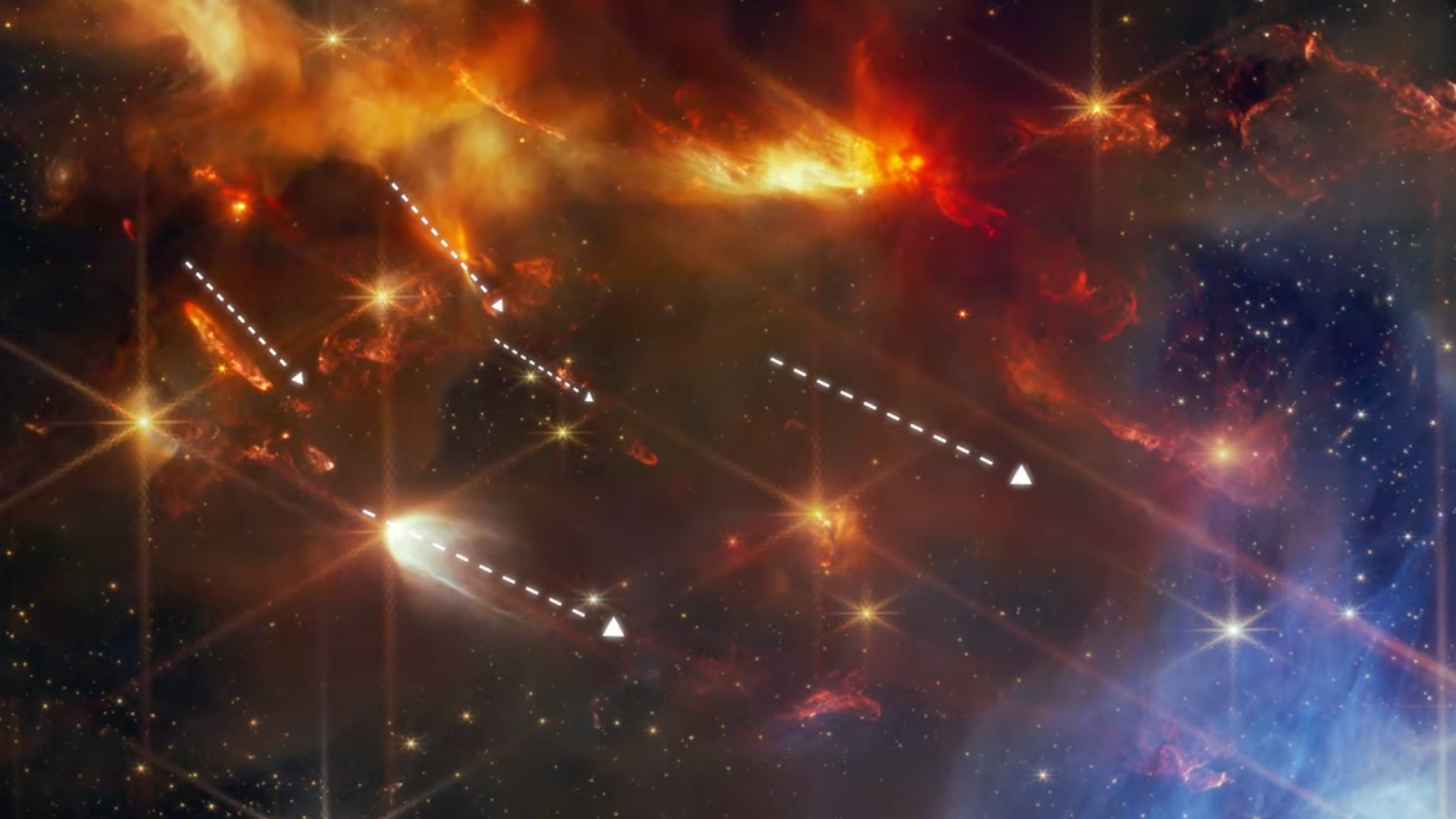
James Webb telescope spots a dozen newborn stars spewing gas in the same direction — and nobody is sure why
By Brandon Specktor published
The James Webb telescope has spotted a peculiar group of baby stars firing enormous jets into space at nearly the exact same angle. The discovery could hold new insights into how stars are born.
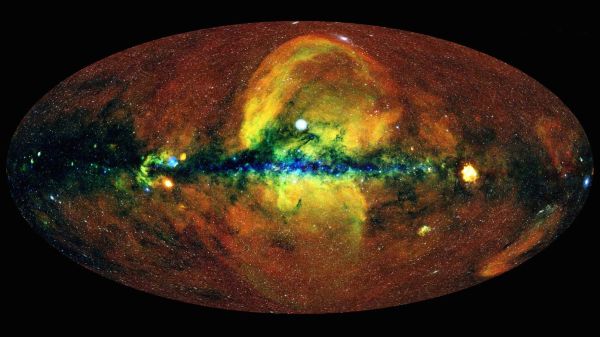
5 space discoveries that scientists are struggling to explain
By Brandon Specktor published
From "runaway" black holes shooting across the cosmos to secret planets in our own backyard, space is overrun with mysterious objects that scientists are clamoring to explain. Here are five of the strangest sights in the universe, as well as their possible origins.
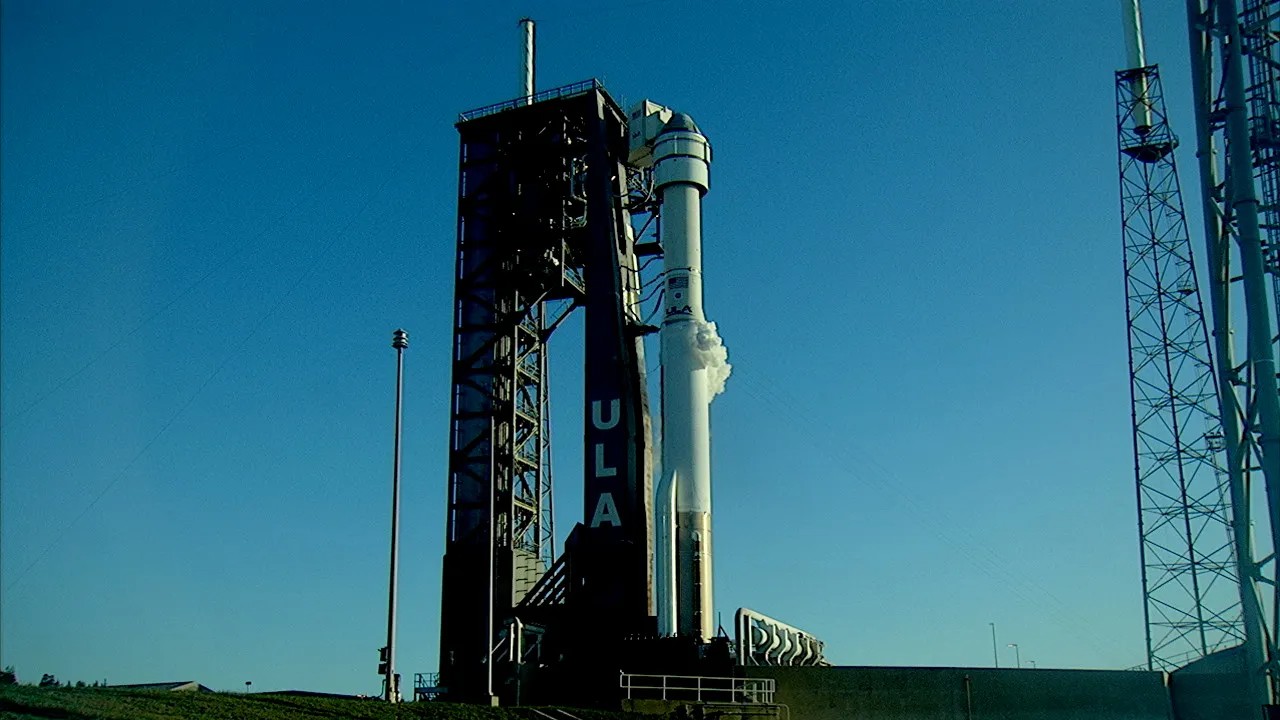
LIFTOFF! Boeing Starliner carries 2 astronauts to space in 'final test' for NASA (watch live)
By Brandon Specktor published
Boeing's Starliner spacecraft successfully carried two NASA astronauts to space today (June 5) in the final test of the spacecraft's capabilities. Starliner is bound for the International Space Station.
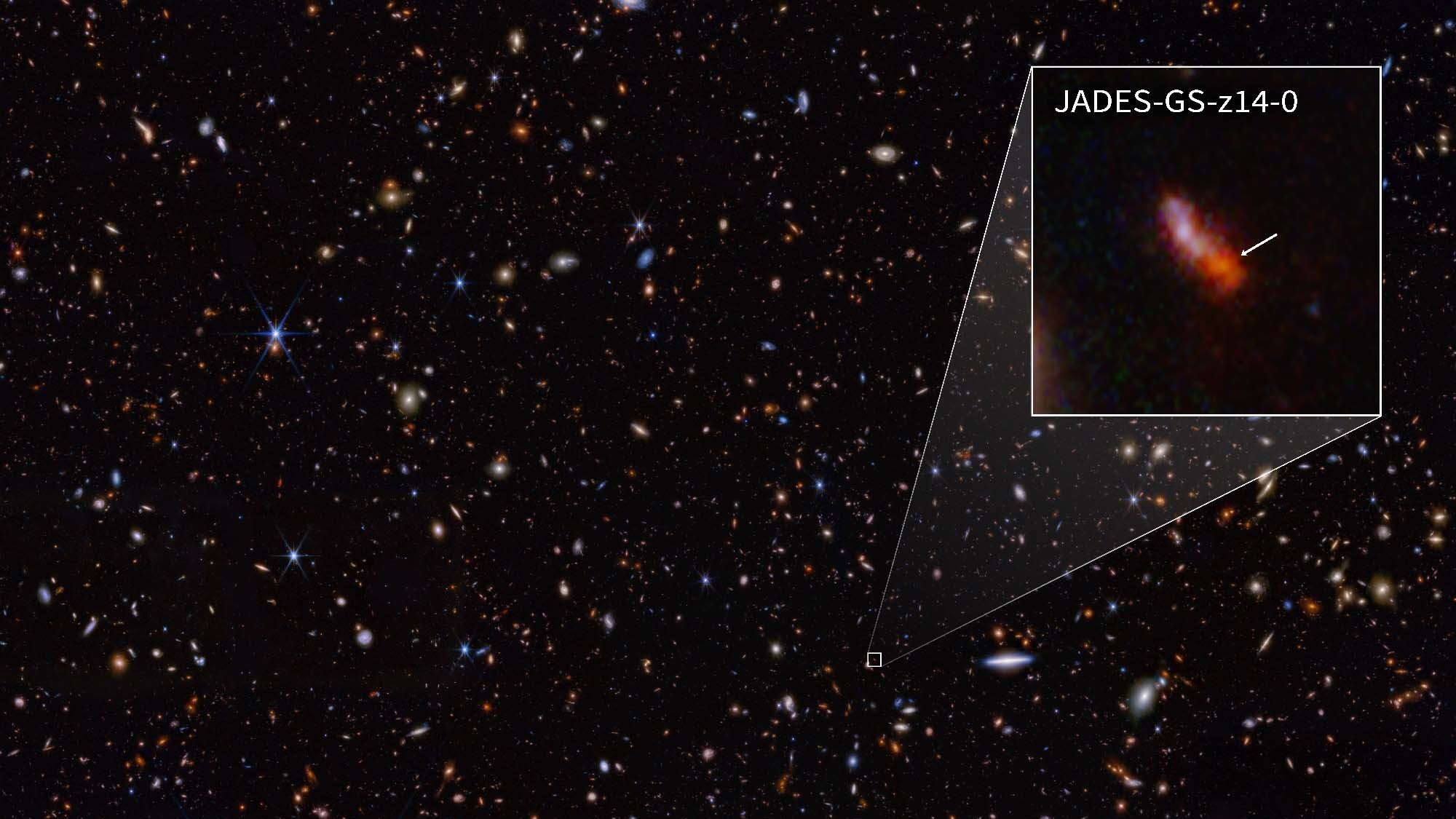
James Webb telescope discovers earliest galaxy in the known universe — and its shockingly big
By Brandon Specktor published
The James Webb Space Telescope has detected the two earliest, most distant galaxies in the known universe, dating to just 300 million years after the Big Bang. The detection of even earlier galaxies is likely to follow.
Sign up for the Live Science daily newsletter now
Get the world’s most fascinating discoveries delivered straight to your inbox.
